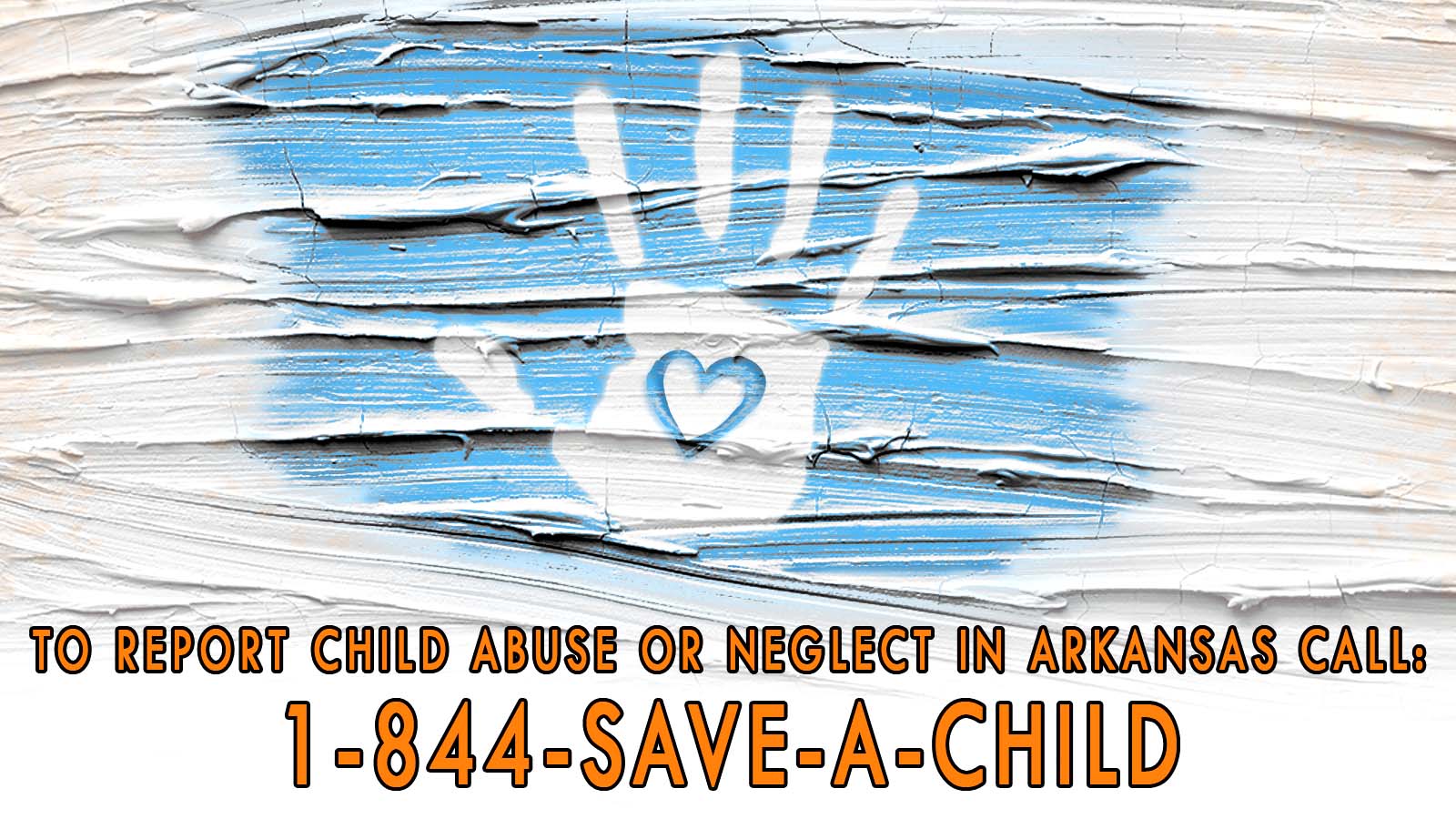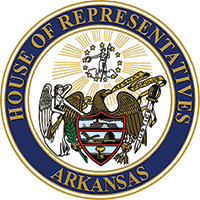
Child abuse does not stop during a pandemic. But since many of the state’s mandated reporters such as teachers and pastors are not interacting face to face with Arkansas children right now, the number of reports coming into the hotline have decreased by 50%
The director of Children Advocacy Centers of Arkansas, Elizabeth Pulley says that during times of isolation, child abuse happens in secrecy because signs of abuse go undetected. When school starts back, the number of cases is expected to rise.
April is Child Abuse and Neglect Prevention Month, a time to place a special emphasis on increasing awareness and providing education and support to families to help prevent child abuse and neglect.
This week, Arkansas First Lady Susan Hutchinson and DHS Director of the Division of Children and Family Services (DCFS) Mischa Martin asked for the help of Arkansans to report suspected abuse in their communities. Since the health emergency began, there have been 3,148 calls to the hotline. That is nearly half the number of calls that came in this time last year.
DCFS continues to provide services to families in need and they continue to serve and support the 4,400 foster families in Arkansas.
In addition, Children’s Advocacy Centers of Arkansas, with 17 centers located across the state, remain open and are continuing to serve children in person and through telemedicine.
Child abuse and neglect can have a tremendous impact well into adulthood. Exposure to violence in childhood increases the risks of injury, future violence victimization, substance abuse, delayed brain development, lower educational attainment, and limited employment opportunities.
Nationwide, it is estimated that 1 in 7 children have experienced abuse or neglect in the past year.
The number to the hotline is 1-844-SAVE-A-CHILD. Professionals are there to answers calls 24 hours a day, 7 days a week.
